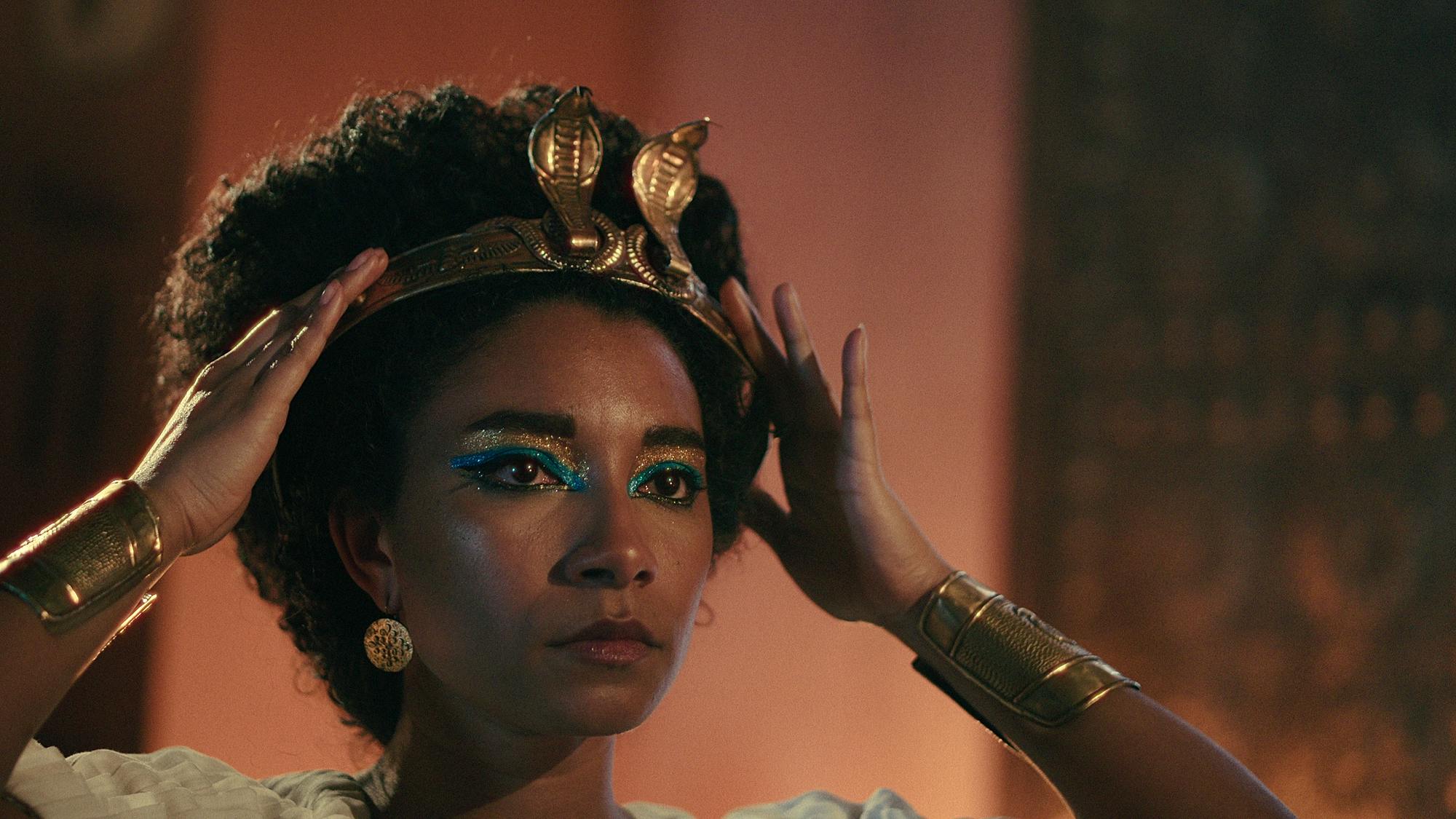Season 2 of Netflix's new docudrama series, "African Queens," has been the subject of controversy across social media for its portrayal of Egyptian ruler Cleopatra.
Produced by Jada Pinkett-Smith, the season, "Queen Cleopatra," stars Black actress Adele James as the titular character. The casting decision garnered disapproval from many social media users, as well as Egypt’s Ministry of Tourism and Antiquities, who released a statement calling it a "blatant misconception."
According to Michigan State University film and media studies professor Jeff Wray, the critics' arguments are "multilayered" considering that Queen Cleopatra has been represented in Hollywood in many different ways.
Though the concept of race is different in different spaces relating to the time and history, Wray said, the backlash is rooted in racism.
“I think the whole Cleopatra thing is both interesting and funny because Cleopatra has been depicted throughout history in so many different ways,” Wray said. “Including the most famous ... Elizabeth Taylor, (who acted) in the sixties as Cleopatra.”
After Taylor's rendition of Cleopatra, actresses Gal Gadot and Angelina Jolie were considered for Cleopatra in another movie. However, after accusations that Netflix was "blackwashing" Cleopatra, "African Queens" producers came out with a statement that James's ethnicity was not the focus of the show, but still reflects theories about "Cleopatra’s possible Egyptian ancestry" and the "multicultural nature of Ancient Egypt."
Wray noted there is a pattern when it comes to the conversation of race and representation whenever a Black artist represents a traditionally white role. In those instances, he said, the harshest criticisms can be seen and "all hell breaks loose."
Wray said considering that Jada Pinkett-Smith is the show's producer, she may be reflecting on herself as a Black woman when creating this documentary.
“Now if you had a Steven Spielberg doing it (producing), I guarantee you, you would have a very different looking Cleopatra,” Wray said. “And that’s not throwing shade at Steven Spielberg.”
Social media has seen similar backlash and debate over the casting of a Black artist in a formerly white role. One example is the flurry of Twitter activity that occurred when Halle Bailey was cast as Ariel in the live-action "Little Mermaid" movie, which prompted social media trolls to argue Disney was becoming "too woke" and only diversity-casting.
However, Wray said whenever something is "non-traditional" in Hollywood, audiences often regard it with suspicion and hostility. For example, Wray said, when movements in the film industry such as the #OscarsSoWhite come about and focus on addressing Hollywood's racial stigma, they are met with backlash.
Similarly, film and media studies professor Julian Chambliss said the point of the controversy isn't actually about Cleopatra, but rather the proximity of whiteness in popular culture.
“So the real question–when I sort of see this controversy is about this proximity to whiteness and the privileges and power that are associated with that,” Chambliss said. “And most of the experts who are referenced in some of these arguments will point out the fact that you know, the identity of Egyptians in the ancient world is neither Black or white. It’s more of a mix.”
Chambliss said even though the actress Adele James is biracial, critics may see her as “fully Black” in the terms of racial hierarchy. He said that is the danger of Smith's representation of Cleopatra.
Chambliss said producers in Hollywood are trying to create a more holistic view of culture, which can lead to castings lacking diversity. Often times, when projects are being produced in other countries, Chambliss said, many of the actors lack the background of the film's roots.
“You know, think about those (producers) in the Middle East from decades ago, they would cast all men, but very few of them would actually be from the Middle East,” Chambliss said. “Now in the world where popular culture is produced in those parts of the world, there’s a lot of actors in production that are telling stories from that perspective.”
MSU journalism graduate Lily Cross said "most people" know who Cleopatra is and have a “convoluted understanding” of who the ancient monarch really is. Considering that shows like these involve history, Cross said, many characters will only be closely related, which isn't meant disrespectfully.
“Just to be unhappy with the casting, it’s kind of something that’s out of critics hands," Cross said. "But that’s kind of their job to bring light (to) things that are questionable or not as accurate."
Wray said films come with creative components that should allow the space for representation and diversity.
“There's of course degrees to this,” Wray said. “You can’t represent anything as an outright lie, But I think there’s (a) creative leeway that you have to allow, and there’s interpretation.”
Support student media!
Please consider donating to The State News and help fund the future of journalism.
Discussion
Share and discuss “Netflix "Queen Cleopatra" docuseries sparks conversation on representation, historical accuracy” on social media.







